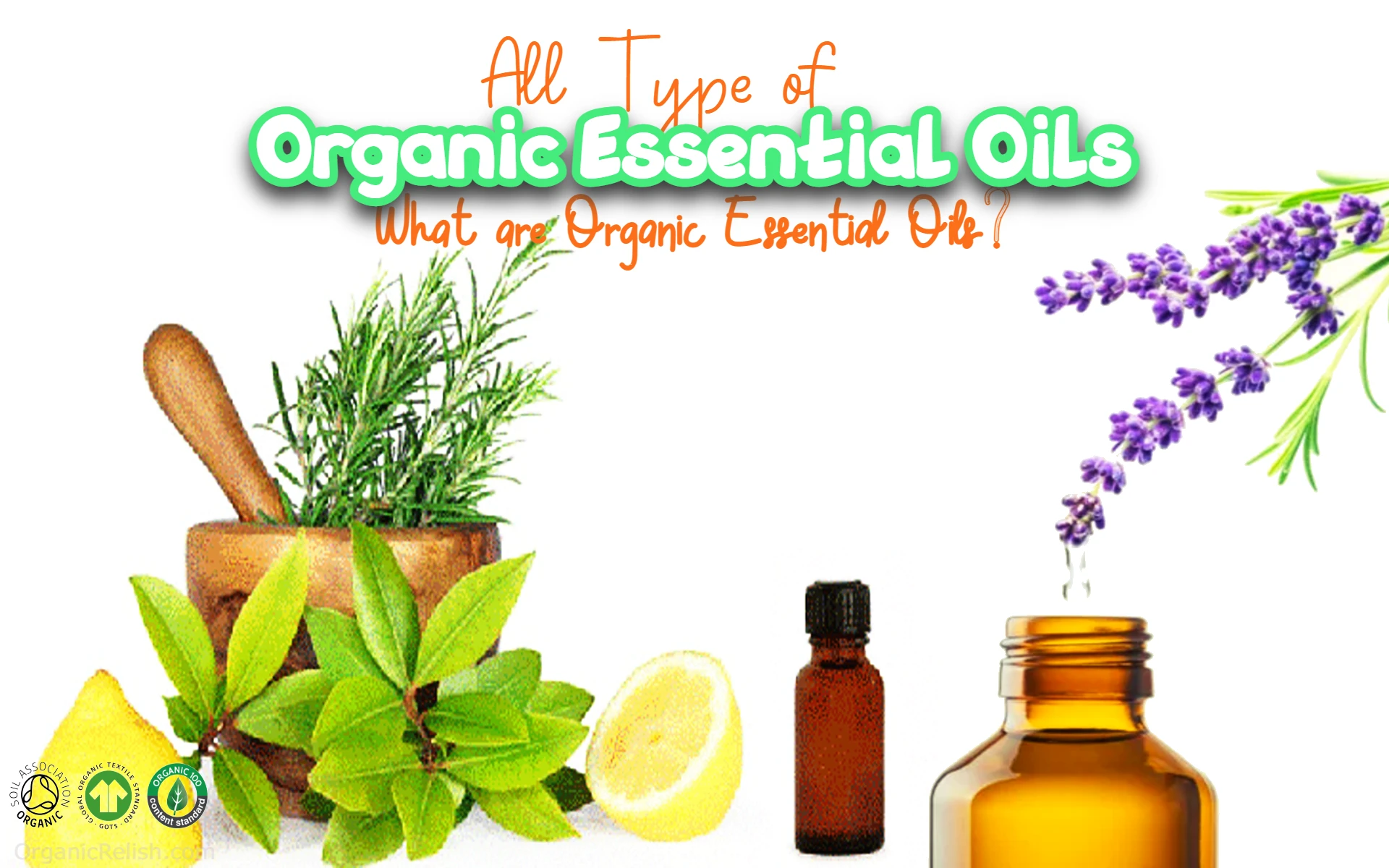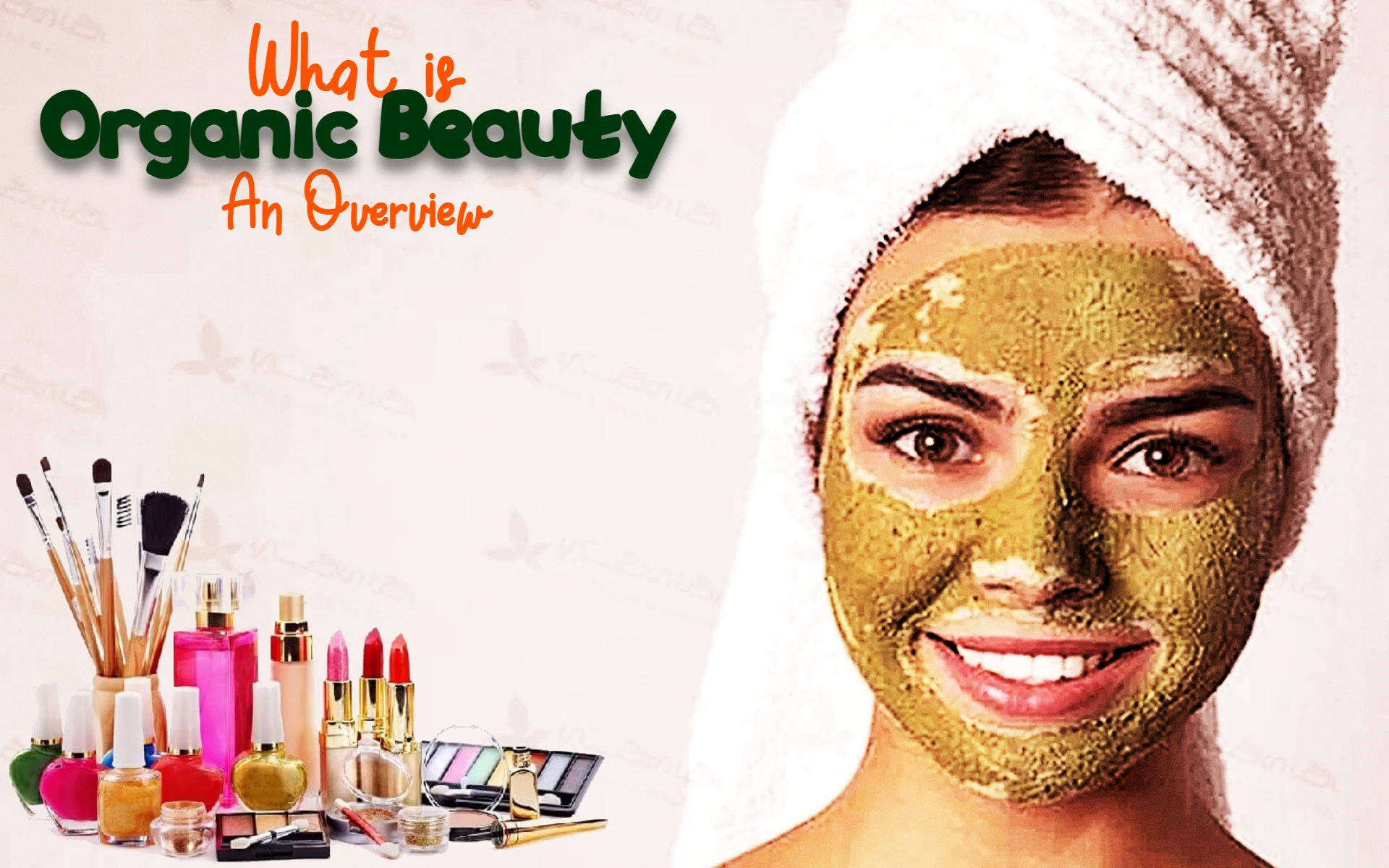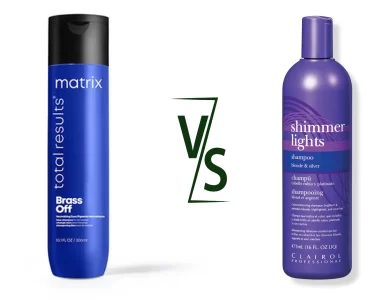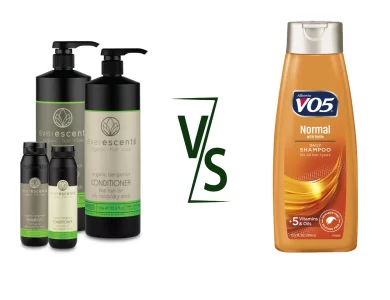
Organic Essential Oils: The Complete Guide
As someone who loves natural and holistic wellness, you might be wondering why choose organic essential oils over their conventional counterparts. Well, let me tell you, there are several reasons why organic essential oils are the way to go.
First and foremost, organic essential oils are made from plants that are grown without the use of harmful pesticides, chemicals, or synthetic fertilizers. This means that the oil you are using is free from harmful contaminants, and is a pure representation of the plant’s natural essence. When you use organic essential oils, you can be confident that you are getting the full benefits of the plant’s therapeutic properties, without the risk of exposure to harmful chemicals.
In addition to the purity of the oil, organic essential oils also have a more robust and vibrant aroma compared to their conventional counterparts. This is because the plants used to produce organic essential oils are grown in a healthier, more natural environment, allowing the plant to reach its full potential. As a result, the oil produced from these plants has a more potent aroma and is more effective for use in aromatherapy and other holistic wellness practices.
So, why choose organic essential oils? Simply put, they offer a pure, natural, and effective option for those looking to incorporate holistic wellness into their daily routine. Whether you are using them for aromatherapy, skin care, or any other purpose, you can trust that you are getting the best quality oil available, free from harmful contaminants and full of the plant’s natural therapeutic properties.
What are Organic Essential Oils?
Organic essential oils are plant-based oils that are obtained through steam distillation, cold pressing, or resin tapping. These methods are used to extract the volatile aroma compounds from the plant material. The plants used to make organic essential oils are grown without the use of synthetic pesticides, fertilizers, or genetically modified organisms (GMOs). This means that the oils are pure, natural, and free from harmful chemicals.
Organic Essential Oils and their Benefits
Organic essential oils are highly concentrated plant extracts that are used for a variety of purposes, including aromatherapy, personal care, and natural remedies. These oils are obtained from the roots, flowers, leaves, and other parts of plants and are 100% pure, with no synthetic additives or preservatives.
Here are some of the benefits of using organic essential oils:
#1. Aromatherapy
One of the most popular uses of organic essential oils is in aromatherapy. When inhaled, the aroma of these oils can help to calm the mind, reduce stress and anxiety, and improve mood. Some of the most commonly used oils for aromatherapy include lavender, chamomile, and lemon.
#2. Natural Remedies
Organic essential oils can also be used to treat a variety of health conditions, including headaches, digestive issues, and skin problems. For example, eucalyptus oil can help to relieve congestion and headaches, while tea tree oil is often used to treat skin conditions like acne and fungal infections.
#3. Personal Care
Organic essential oils can also be used in personal care products like shampoos, lotions, and bath products. These oils can help to nourish and moisturize the skin, promote hair growth, and improve the overall health and appearance of hair and skin.
#4. Safe and Natural
One of the biggest benefits of using organic essential oils is that they are completely natural and safe. Unlike synthetic products, these oils are free from harmful chemicals and do not cause any side effects. They are also cruelty-free, as they are not tested on animals.
#5. Versatile
Organic essential oils are highly versatile and can be used in a variety of ways. For example, they can be added to bath water for a relaxing soak, used in a diffuser for aromatherapy, or blended with a carrier oil for use in massage.
In conclusion, organic essential oils offer a natural and safe way to improve health, mood, and appearance. Whether you are looking for a relaxing aromatherapy experience, a natural remedy for a health condition, or a way to enhance your personal care routine, organic essential oils are a great choice.
Benefits of Using Organic Essential Oils
There are many benefits to using organic essential oils, including:
- Health and Wellness: Organic essential oils are known for their therapeutic properties and can help to support a healthy lifestyle. For example, lavender oil is often used for its calming and relaxing properties, while peppermint oil is used for its invigorating and energizing effects.
- Natural Cleaning: Organic essential oils can be used as a natural alternative to harsh chemical cleaners. For instance, lemon oil can be used to clean and disinfect surfaces, while eucalyptus oil can be used as an air freshener.
- Personal Care: Organic essential oils can be used in personal care products, such as soaps, lotions, and shampoos, to provide a natural and nourishing experience. For example, rose oil is known for its moisturizing properties, while tea tree oil is used for its antimicrobial properties.
Why Choose Organic Essential Oils?
If you’re interested in using essential oils, you may be wondering why you should choose organic options. After all, there are plenty of conventional essential oils available on the market, so what makes organic oils so special?
Well, I’m glad you asked! There are several reasons why I believe that organic essential oils are the way to go. Here are just a few of them:
- Purity: Organic essential oils are free from harmful chemicals, such as pesticides and fertilizers, and are therefore purer than non-organic oils.
- Sustainability: Growing plants without the use of harmful chemicals helps to protect the environment and supports sustainable agriculture practices.
- Safety: Organic essential oils are safer to use than non-organic oils, as they are free from harmful chemicals that can cause skin irritation or other adverse reactions.
Types of Organic Essential Oils
Organic essential oils come from a variety of sources, including flowers, leaves, stems, bark, roots, and seeds. Each type of oil has its own unique properties and benefits, so it’s important to choose the right one for your needs. Here are some of the most popular types of organic essential oils:
Lavender Essential Oil
Lavender essential oil is one of the most versatile and well-known oils. It’s well-known for its calming and relaxing properties, making it a popular choice for those who are feeling stressed or anxious. It’s also great for promoting restful sleep and can be used to soothe skin irritations and burns.
Peppermint Essential Oil
Peppermint essential oil is a refreshing and invigorating oil that can help to energize and stimulate your mind and body. It’s also great for reducing headaches, soothing digestive problems, and alleviating respiratory issues.
Lemon Essential Oil
Lemon essential oil is a bright and citrusy oil that can help to lift your mood and promote feelings of positivity. It’s also great for cleaning and purifying your home, and can be used to help with skin conditions such as acne and oily skin.
Eucalyptus Essential Oil
Eucalyptus essential oil is a powerful oil that is well-known for its ability to support respiratory health and alleviate chest congestion. It’s also great for reducing muscle pain and swelling, and can be used to boost mental clarity and focus.
Tea Tree Essential Oil
Tea tree essential oil is a versatile and potent oil that is well-known for its antibacterial, antiviral, and antifungal properties. It’s a popular choice for those looking to support their immune system, and can be used to help with skin conditions such as eczema and psoriasis.
Sweet Orange Essential Oil
Sweet orange essential oil is derived from the peel of the sweet orange fruit. This oil is known for its refreshing and uplifting aroma, making it a popular choice for use in aromatherapy and as a natural air freshener. Sweet orange essential oil is also a great choice for use in skincare and hair care products, as it can help to brighten and hydrate the skin, and add shine to the hair.
Lavender Essential Oil
Lavender essential oil is extracted from the flowers of the lavender plant. This oil is known for its calming and relaxing properties, making it a popular choice for use in aromatherapy and massage. Lavender essential oil is also used in skin and hair care products, as it can help to soothe and heal the skin, and promote healthy hair growth.
Tea Tree Essential Oil
Tea tree essential oil is derived from the leaves of the tea tree plant. This oil is known for its powerful antiseptic and antibacterial properties, making it a popular choice for use in natural cleaning products and for treating skin conditions such as acne and dandruff.
Peppermint Essential Oil
Peppermint essential oil is extracted from the leaves of the peppermint plant. This oil is known for its invigorating and refreshing aroma, making it a popular choice for use in aromatherapy and as a natural air freshener. Peppermint essential oil is also used in skin and hair care products, as it can help to soothe and cool the skin, and add shine to the hair.
Eucalyptus Essential Oil
Eucalyptus essential oil is derived from the leaves of the eucalyptus tree. This oil is known for its invigorating and refreshing aroma, making it a popular choice for use in aromatherapy and as a natural air freshener. Eucalyptus essential oil is also used in skin and hair care products, as it can help to soothe and hydrate the skin, and promote healthy hair growth.
These are just a few of the many types of organic essential oils available. When choosing an essential oil, it’s important to consider the properties and benefits of each oil, and to select the oil that best meets your needs. Whether you’re looking to relax and unwind with a calming lavender oil, or to invigorate and refresh your senses with a peppermint oil, there’s an organic essential oil that’s perfect for you.
How to Choose the Right Organic Essential Oil
There are many different types of organic essential oils available, each with its own unique properties and benefits. When choosing an organic essential oil, it is important to consider the following factors:
- Purpose: Consider why you want to use the oil. Are you looking for a calming and relaxing experience, or do you want to use it for natural cleaning? This will help you to determine which oil is best for you.
- Quality: Look for organic essential oils that are certified by a reputable organization, such as the USDA or ECOCERT. This will ensure that the oil you choose is pure, natural, and of high quality.
- Price: While organic essential oils are generally more expensive than non-organic oils, it is important to invest in a high-quality product that will provide the best results.
How to Use Organic Essential Oils
If you’re new to using organic essential oils, don’t worry – it’s not as complicated as it might seem. With a little guidance and a lot of love, you’ll be on your way to a healthier and happier life in no time.
In this section, we’ll explore some of the most popular and effective ways to use organic essential oils in your daily life. From aromatherapy to massage, there are countless ways to experience the benefits of these potent plant extracts. Let’s get started!
Aromatherapy
Aromatherapy is one of the most popular and accessible ways to use organic essential oils. Simply diffuse a few drops of your favorite oil into the air, and breathe in the aromatic mist to enjoy the benefits. You can also add a few drops to a warm bath or mix with a carrier oil to create a relaxing massage oil.
Topical Application
Organic essential oils are highly concentrated plant extracts, so they should never be applied directly to the skin without being diluted first. Mixing a few drops with a carrier oil like coconut or jojoba oil is the best way to apply essential oils topically. You can use this mixture to massage sore muscles, moisturize dry skin, or even as a natural perfume.
Internal Use
While some people prefer to use essential oils topically or aromatically, others choose to take them internally. However, it’s important to note that not all essential oils are safe to ingest. If you’re considering taking essential oils internally, make sure to consult a qualified professional and only use pure, high-quality oils that are labeled for internal use.
Safety Precautions
As with any natural product, it’s important to use organic essential oils safely and responsibly. Here are a few key safety precautions to keep in mind:
- Always dilute essential oils before topical application
- Keep essential oils out of reach of children and pets
- Do not ingest essential oils unless they are labeled for internal use and you have consulted with a professional
- Do not use essential oils on broken or irritated skin
- If you experience any adverse reactions, discontinue use and seek medical attention
By following these simple guidelines, you can ensure that you’re getting the most out of your organic essential oils without putting yourself at risk.
Organic essential oils are truly a gift from nature, offering countless benefits for the mind, body and soul. Whether you’re looking to relieve stress, soothe sore muscles, or simply enjoy the delicious fragrances, there’s no shortage of ways to incorporate these natural wonders into your daily routine. So go ahead, find your favorite oils and start exploring the amazing world of aromatherapy today!
FAQs
Organic essential oils are highly concentrated plant extracts that contain volatile aromatic compounds. These oils are derived from various parts of plants, including leaves, stems, flowers, bark, and roots, and are used for a variety of purposes, including aromatherapy, personal care, and natural home cleaning.
Organic essential oils are produced using organic farming methods, which means that the plants used to produce the oils are grown without the use of synthetic pesticides, herbicides, or fertilizers. Conventional essential oils, on the other hand, may be produced using non-organic farming methods.
Organic essential oils are generally safe for all skin types, but it is always recommended to perform a patch test on a small area of skin before using any new product. Some essential oils may cause skin irritation, especially if they are used undiluted or in high concentrations. If you have sensitive skin, it is best to use organic essential oils in low concentrations and dilute them with a carrier oil, such as jojoba or almond oil.
While some organic essential oils can be ingested in small quantities, it is generally not recommended to do so without the guidance of a healthcare practitioner. Essential oils are highly concentrated and can cause serious health problems if taken in large quantities or used improperly.
Organic essential oils can be purchased from health food stores, online retailers, and specialty stores that sell natural and organic products. When purchasing organic essential oils, be sure to look for high-quality oils that are certified organic and 100% pure.
Read More:
Contents
- Organic Essential Oils: The Complete Guide
- What are Organic Essential Oils?
- Organic Essential Oils and their Benefits
- Benefits of Using Organic Essential Oils
- Why Choose Organic Essential Oils?
- Types of Organic Essential Oils
- How to Choose the Right Organic Essential Oil
- How to Use Organic Essential Oils
- FAQs



